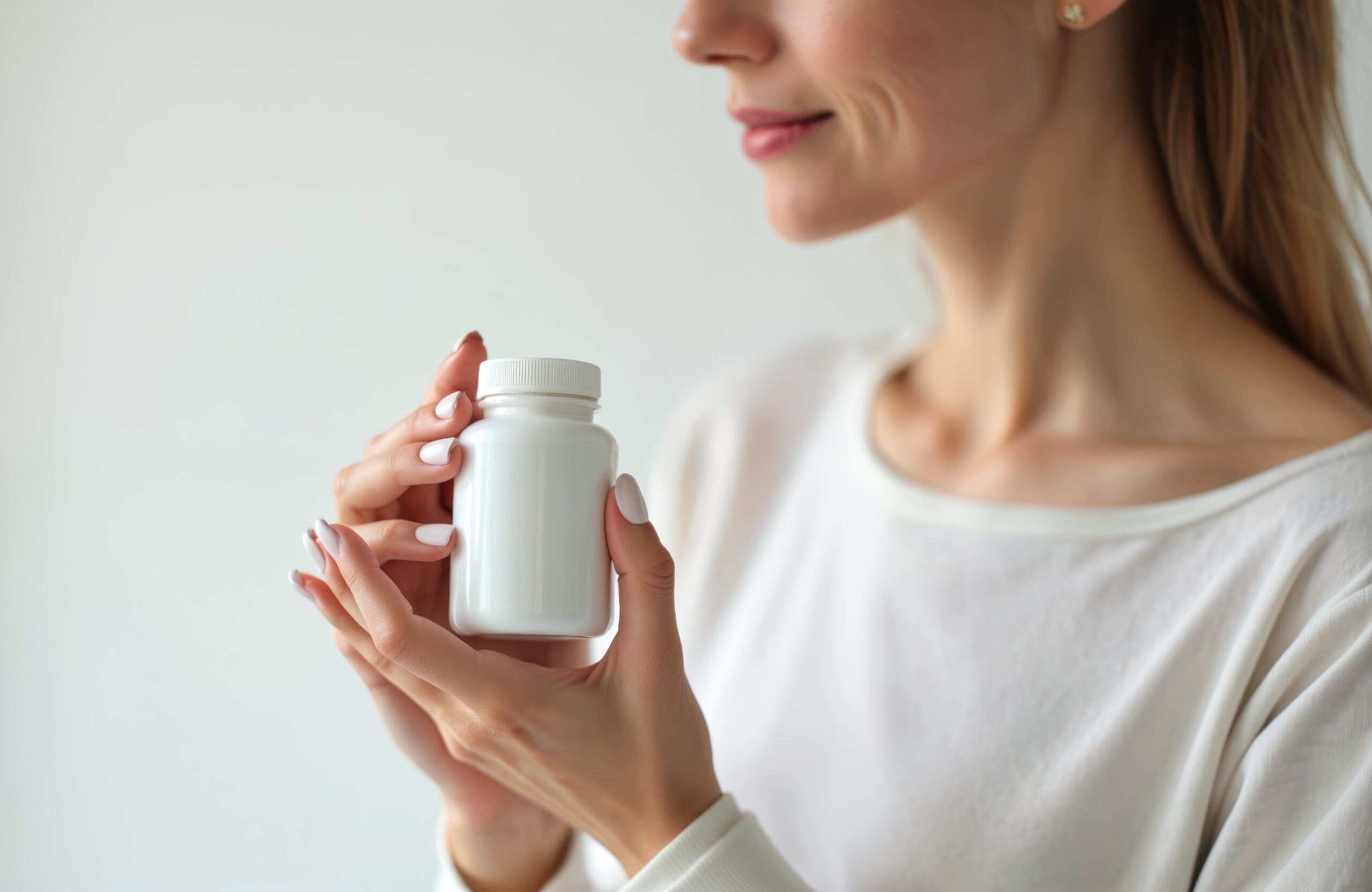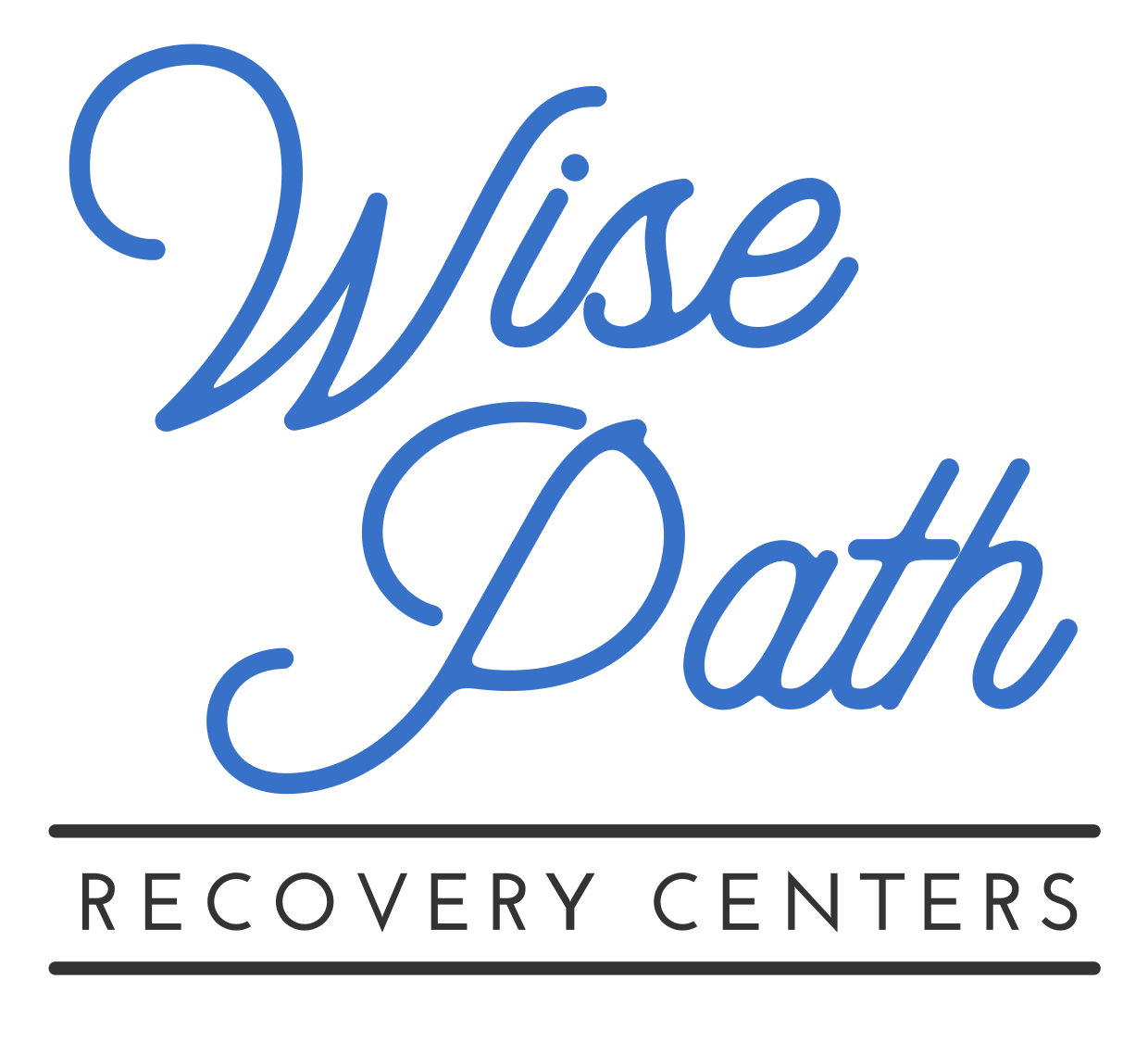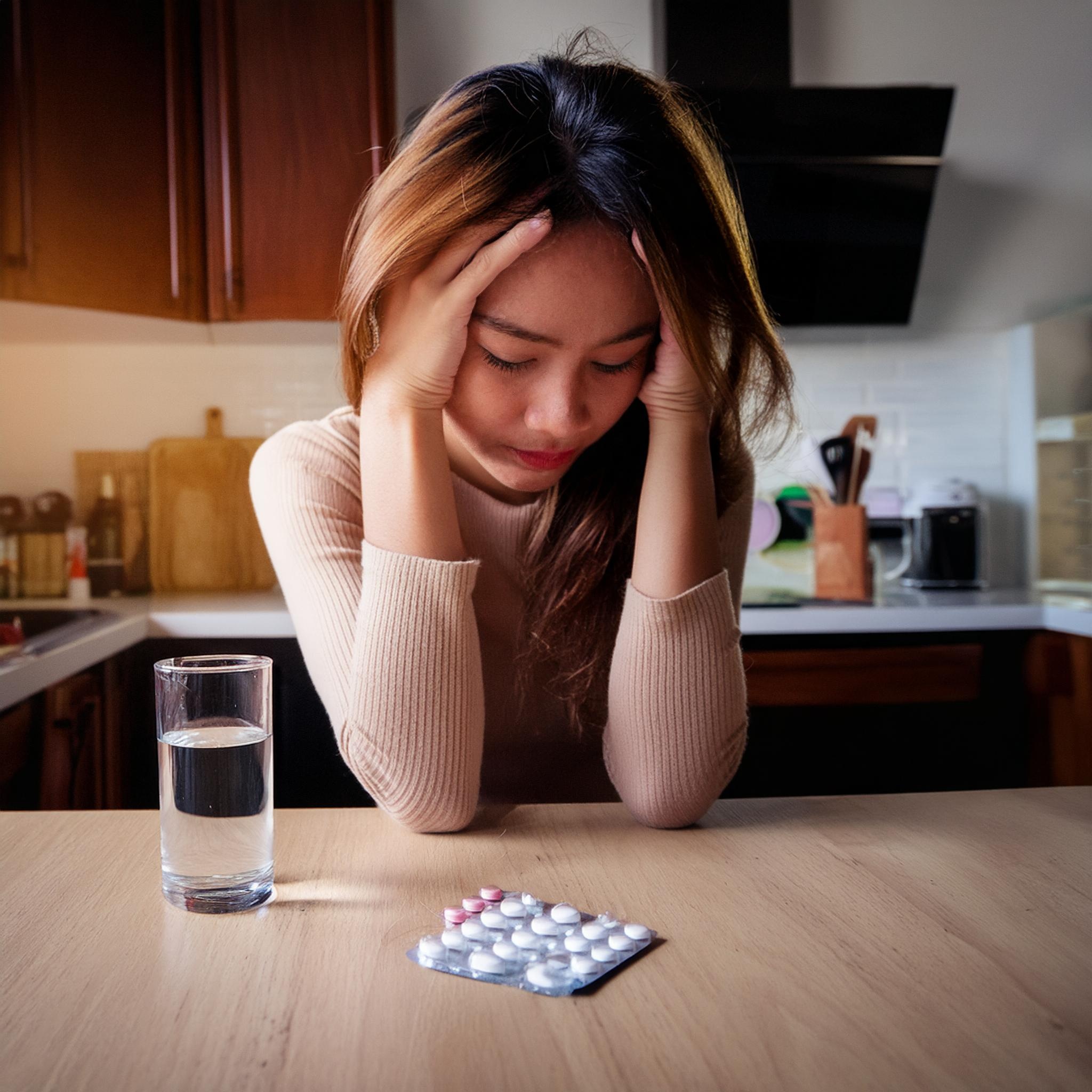Prescription pill addiction does not always begin with misuse. It often starts with a legitimate medical need, like managing pain, anxiety, or insomnia. Over time, though, physical dependence can build slowly until the medication begins to take over everyday life.
In West Virginia and Pennsylvania, the effects of prescription pill addiction can be seen in almost every community. Knowing how this type of addiction develops and what help is available can make a real difference for those trying to find a way out.
What Prescription Pill Addiction Really Means
Prescription pill addiction happens when a person becomes physically or emotionally dependent on medication. This includes opioids for pain relief, benzodiazepines for anxiety, and stimulants often used to treat attention disorders.
One of the biggest risks is how easily these medications are trusted. Because they are prescribed, many people assume they are always safe. But when pills are used more often or in higher doses than intended, the risk of addiction becomes serious.
Signs That Should Not Be Ignored
Prescription pill addiction can be hard to spot. Many people continue working, parenting, and managing life while struggling behind the scenes. Some signs to watch for include:
- Running out of medication early
- Visiting different doctors for new prescriptions
- Changes in sleep, mood, or behavior
- Keeping pill use private or denying any problem
- Trouble cutting back even with good intentions
Catching these signs early can help prevent more serious mental and physical harm.

When Mental Health and Prescription Pill Addiction Overlap
Addiction often connects with mental health. Someone may start taking pills to manage emotional pain, stress, or trauma. In other cases, the drug use itself may lead to new or worsened mental health issues.
This is why treatment needs to address more than just stopping the pills. It needs to explore what led to the addiction and how to build real emotional and physical health again.
Why Quitting Pills Is Not Just About Willpower
Many people want to stop but find that withdrawal symptoms or fear of losing control keeps them stuck. Pills may have become their way to cope, function, or feel safe.
That is why supervised care matters. Medical detox, when necessary, can help ease the physical symptoms of withdrawal and provide emotional support through the early days of recovery.
Drug & Alcohol Rehab and
Addiction Treatment in West Virginia
Get in touch with our recovery center today at 866-860-9772
How to Get Help for Prescription Pill Addiction
The right treatment depends on the person, their history, and the type of medication involved. Options range from residential programs to flexible outpatient care. Some benefit from medication-assisted treatment in West Virginia to stabilize their system while building new habits.
Others may explore inpatient and outpatient programs to find what fits their lifestyle and support system. Recovery is not one size fits all, and the first step does not need to be perfect. It just needs to happen.
What Recovery Looks Like Long Term
Recovery from prescription pill addiction is about more than not using. It is about restoring trust in yourself, rebuilding connections, and learning how to cope without relying on medication.
With the right structure and support, many people go on to live healthy and fulfilling lives. Ongoing therapy, peer support, and medical follow-up are just a few of the tools that can help people stay grounded and moving forward.
Drug & Alcohol Rehab and
Addiction Treatment in West Virginia
Get in touch with our recovery center today at 866-860-9772
A Supportive Place to Begin Healing
At Wise Path Recovery Centers, we know that every story is different. We work closely with each person to understand their needs, values, and goals for recovery. Whether that includes detox, therapy, or long-term planning, we offer care that is rooted in respect and connection.
Prescription pill addiction can feel overwhelming, but change is always possible. We are here to help you take the next step.
FAQs About Prescription Pill Addiction
Can someone develop prescription pill addiction without abusing medication?
Yes. Dependence can build over time even with regular use. People who take pills exactly as prescribed can still develop physical and emotional dependence.
What is the most common type of prescription pill addiction?
Opioids are among the most commonly misused, followed by benzodiazepines and stimulants. Each comes with different risks and withdrawal symptoms.
Do I need to go to a rehab facility to recover?
Not always. Some people start with outpatient programs or counseling. Others may benefit more from a structured environment like residential treatment.
Can prescription pill addiction be treated with other medications?
Yes. Medication-assisted treatment can support recovery by easing withdrawal, reducing cravings, and helping people stay engaged in treatment.
How do I talk to someone I love about getting help?
Start with care and honesty. Let them know you are concerned, and avoid blame or judgment. Offer to help them explore options when they are ready.

